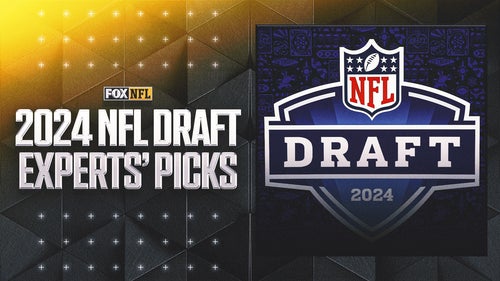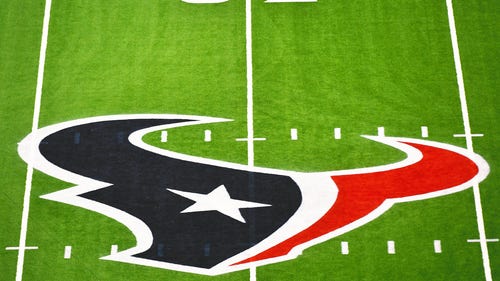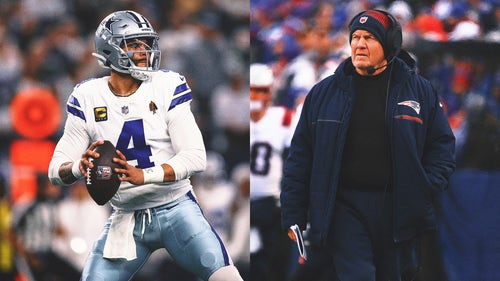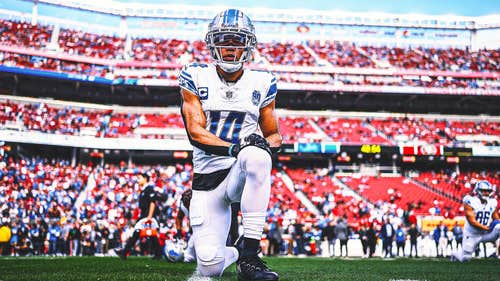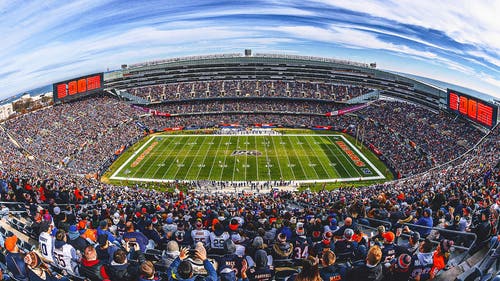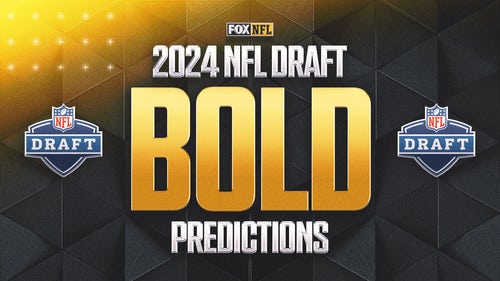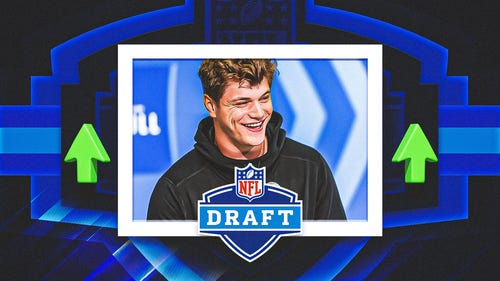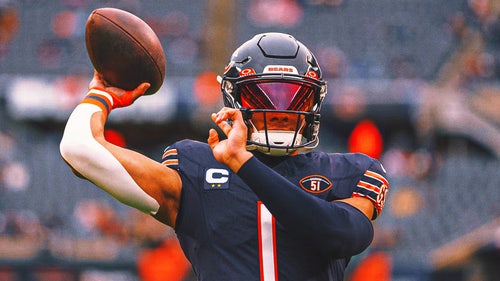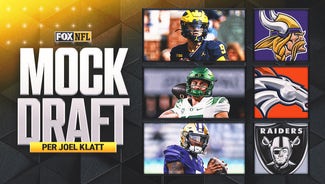
Crying over kickoff rules is useless
NFL fans upset about the kickoff rule changes should familiarize themselves with the seven stages of grief.
Shock, pain, anger and sorrow must eventually yield to release, resolution and acceptance.
That’s because kickoffs as we knew them are dead — and they’re not coming back.
The league made offseason modifications with the intent of creating more touchbacks. Complaints about the neutering of one of football’s most exciting plays are falling upon deaf ears. The same for suggestions that could help the league still achieve its goal of improving player safety — the stated reason for such changes — without drastically slashing the number of returns in the process.
A few tweaks would create a happier medium than the lopsided advantage the kickoff team has enjoyed during the first two weeks of the preseason. Let’s start with three of them: eliminate the running start of the coverage unit, move the kickoff spot itself from the 35-yard line back to the 32 and place touchbacks on the 17-yard line rather than the 20.
In an attempt to stem bone-jarring collisions, tacklers can now get only a five-yard running start. By abolishing that altogether, coverage teams are put at a greater disadvantage and returners should be more willing to take a shot.
There would still be a significantly higher number of touchbacks from the 32-yard line than when the kickoff was done from the 30. But compared to the 35-yard line, a revamped placement could lead to fewer that fly out of the end zone and become automatic touchbacks. Returners also would become more enticed to bring out the football knowing that a touchback could cost their team’s offense three yards in field position.
These are ideas worth exploring. There are more being floated elsewhere. But the league already has said it has no intention of making any alterations for the 2011 season. There probably won’t be any in the offseason either.
Future amendments that increase kickoffs could be construed as an NFL attempt to begin re-emphasizing entertainment over the well-being of its players. This isn’t a path the league dares travel. The NFL is already getting hammered by the growing number of watchdogs scrutinizing its health-and-safety practices, especially in light of the media attention being given to the physical toll the game has taken on incapacitated retirees.
According to ESPN, 37 percent of all kickoffs during the first two weeks of the season have resulted in touchbacks. The regular-season number will vary for two major reasons: a) the possibility of more inclement weather in the fall and winter affecting kickoff distance; b) the likelihood returners are taking gambles in the preseason that would be discouraged in games where the outcome means something.
Regardless, touchbacks will assuredly skyrocket from the 2010 league average of 16 percent.
The NFL’s unspoken response: So be it. The league is well aware that the new kickoff rules aren’t going to cost it a single fan. The NFL also can weather griping from its own players, including those who worry about the changes affecting their salaries and even employment.
Ex-Tennessee Titans safety Donnie Nickey is one of them. In a recent email sent to The Tennessean, the eight-year veteran claimed NFL commissioner Roger Goodell is “hurting our game and eliminating jobs.” That includes his own. Nickey blames the new rules for his being unsigned because roster spots for pure special-teams players who contribute little else on offense or defense are being slashed.
“People go to NASCAR races to see wrecks,” Nickey wrote. “People go to football games to see long touchdowns and devastating hits. It’s an injustice to the game and the men who have made their living covering kickoffs and sacrificing their bodies to have their jobs made obsolete.”
There is merit to what Nickey writes. But under the circumstances, Nickey and other critics should just be happy that kickoffs even remain part of the game.
The league has disputed New England head coach Bill Belichick’s recent claim that the league wanted to outlaw the play altogether. Belichick, though, isn’t exactly known for making outlandish statements based in rumor.
In fact, don’t be surprised to see kickoffs ultimately eliminated if special-teams injuries aren’t reduced even if that also shelves onside-kick attempts.
The new guidelines are just one part of sweeping NFL safety reforms. The scope of offseason-workout programs, the amount of contact in practices and the number of sessions that can be held were greatly reduced as part of the new Collective Bargaining Agreement. The NFL is also trying to become even more proactive in addressing concussions (although the fact that Houston Texans rookie Cheta Ozougwu was allowed to play for a quarter before being properly diagnosed and subsequently hospitalized after the preseason opener against the New York Jets is quite disconcerting).
Goodell’s desire to create a safer game is heartfelt. But there is an economic incentive as well.
As part of the new labor agreement, the NFL can revisit its desire to extend the regular-season schedule to 18 games in the 2013 offseason. The league will surely present injury data in an attempt to convince the NFL Players Association that the injury risk for its members was sufficiently mitigated to justify such expansion — something the union vehemently opposed in the recent labor negotiations.
The addition of two regular-season games would reap billions in the new television contracts the league is set to enter starting with the 2014 season. The NFL also could sell a package of early-season Thursday night games. A new era of financial prosperity would begin.
That’s the kind of “kickoff” the NFL cares about most — even at the expense of the traditional kickoff that was once considered an integral part of the game itself.






































































































































